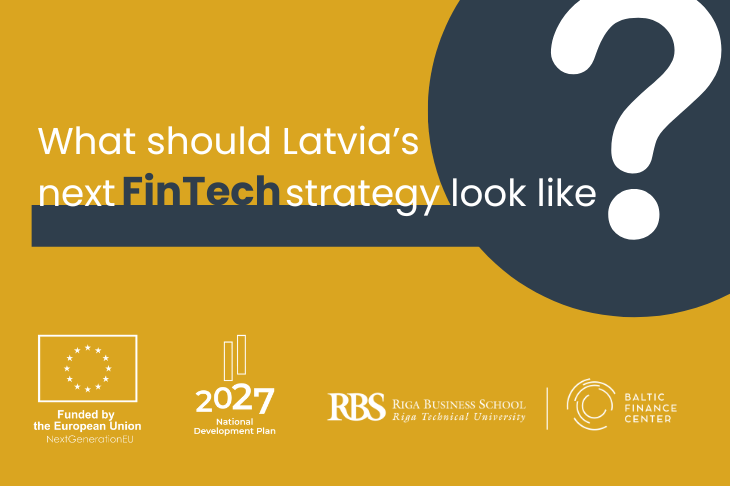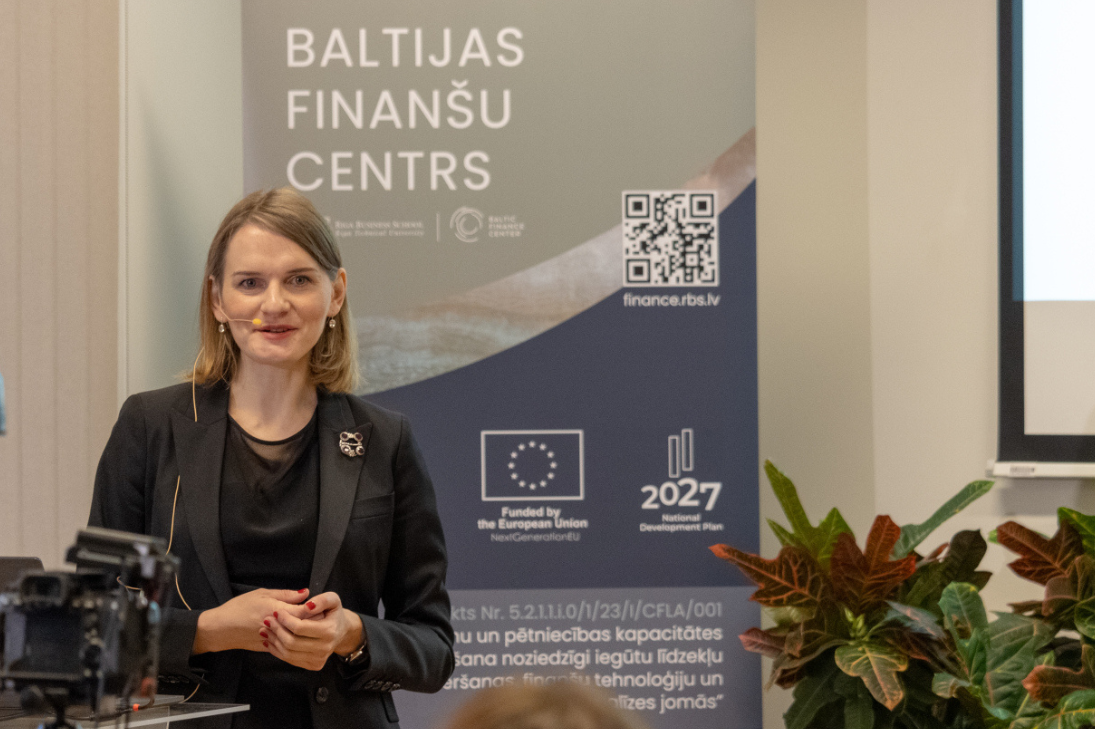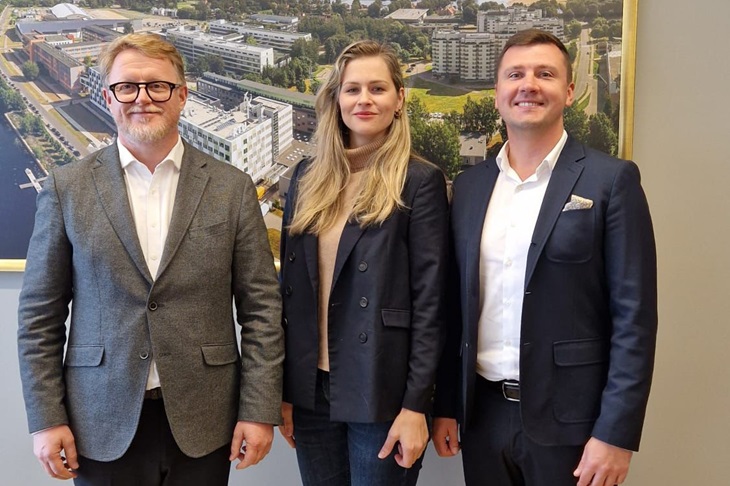The annual admission of students into universities has started. Also, the application process for MBA students, interviews, and taking of the necessary English language tests have begun in Riga Business School as the Riga Technical University business school. Just like every year, we interview dozens of potential students, and during the interviews try to find out why they want to study at RBS, what do they wish to gain from their studies and what are their future plans. There are things we repeatedly hear in the interviews, there are some new aspects and reflections that emerge during the interviews that I would like to share.
About fast horses
Every year during the interviews I remember the famous saying of Henry Ford: “If I had asked people what they wanted, they would have said faster horses”. Of course, Henry Ford was referring to cars, but on a contextual level, it is also attributable to the labor market. Namely, if we asked employers their wishes, the answer would be “cheap and high-quality workforce”. Here is a slight contradiction also involving universities. The primary clients of universities are students who definitely want to be qualified but for sure not cheap. Here we arrive at the conclusion that, for example, business schools must follow what skills are necessary for the labor market but teach students in a way to increase their value in the labor market. The approach of business schools must be holistic – graduates of MBA programs must be able to be the CEO’s of the company. It solves yet another issue – graduates of MBA programs must be able to start their own businesses.
About systematic knowledge
Another thought we hear in almost every interview with the potential student is the willingness to learn in a systematic and consistent way. Sounds simple but in reality, it is related to many opinions, almost myths, about the necessity of higher business education.
First, we frequently can hear the opinion that a university diploma is not important; it’s the knowledge that matters. We cannot argue with the notion that only knowledge and skills are significant. However, a university diploma serves as proof to the employer that person at least has been “forced” to acquire a set of systematic knowledge and skills. A university diploma demonstrates that the person has studied not only what he or she likes but also what is necessary. Of course, assuming that university follows which skills are required in the labor market and adapts one’s programs to them. Here we can look at the set of knowledge every manager should strive for even when they don’t like to study it: Professional MBA – Riga Business School (rbs.lv).
Here we encounter the next opinion – it is possible to learn necessary skills in the courses both on-site and online, and it can substitute, for example, an MBA course. Here we have to return to the thesis that in order to manage the company one has to study not only what he or she likes but also what is necessary. Self-education in various courses does not guarantee it, also considering the fact that there are things we don’t know about; therefore, we are not aware that we should master them. Namely, people tend to study various “trendy” things, frequently not being aware that in order to learn and understand them fully, they need to acquire some fundamental subjects. For example, to study digital marketing, you definitely need to learn the good old marketing management preached by Philip Kotler. To study Artificial intelligence (AI), you need to understand “big data” and information technologies.
In conclusion, I would like to speak about things we are not aware we don’t know about and what is “trending” in business education. First, of course, AI has developed so far that it has become a tool. This means that business schools and not only business schools must teach how to work with AI, not what AI is. Today the skill to use AI must be included in almost all university programs.
Second, the digital transformation of the world has gone so far that almost every more or less qualified work is not possible without digital skills. This means that university programs must include a requirement for students to master well-known computer skills in order to graduate proficiently. Also, Riga Business School is seriously considering including Harvard University’s ‘CS50 for MBA’ into its program.
Third, due to epidemiological and geopolitical collisions, production is starting to “return home”. This means that people with knowledge of supply chain management and production organization will be in demand.
Aldis Greitāns, Riga Business School MBA Program Director, Associate Professor









